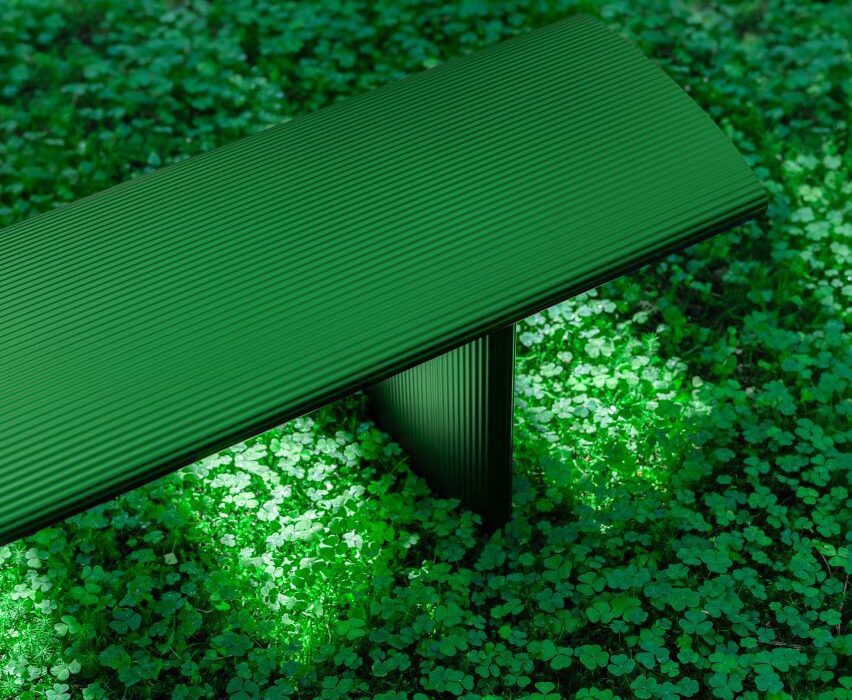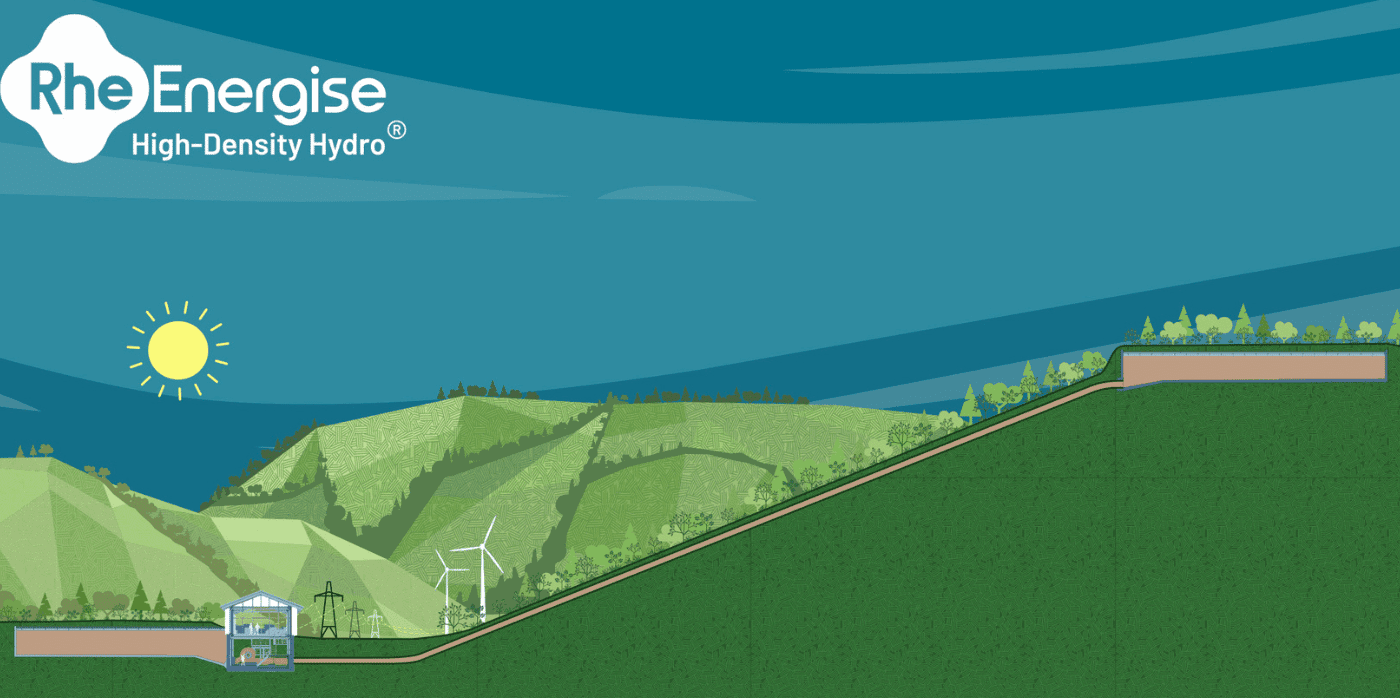Hydro celebrates sustainable partnerships at London Design Festival
Promotion: aluminium and renewable energy company Hydro is exhibiting its collaboration with designer Lars Beller Fjetland at the London Design Festival, exploring how partnerships can help make the metals industry more sustainable.
Earlier this year Hydro and Fjetland partnered to launch Bello! bench, a piece of outdoor seating made from extruded aluminium with 90 per cent recycled content.
Hydro is now exhibiting the bench at Material Matters at Oxo Tower, in a display that aims to communicate how the project advances the company’s ambition to decarbonise society.
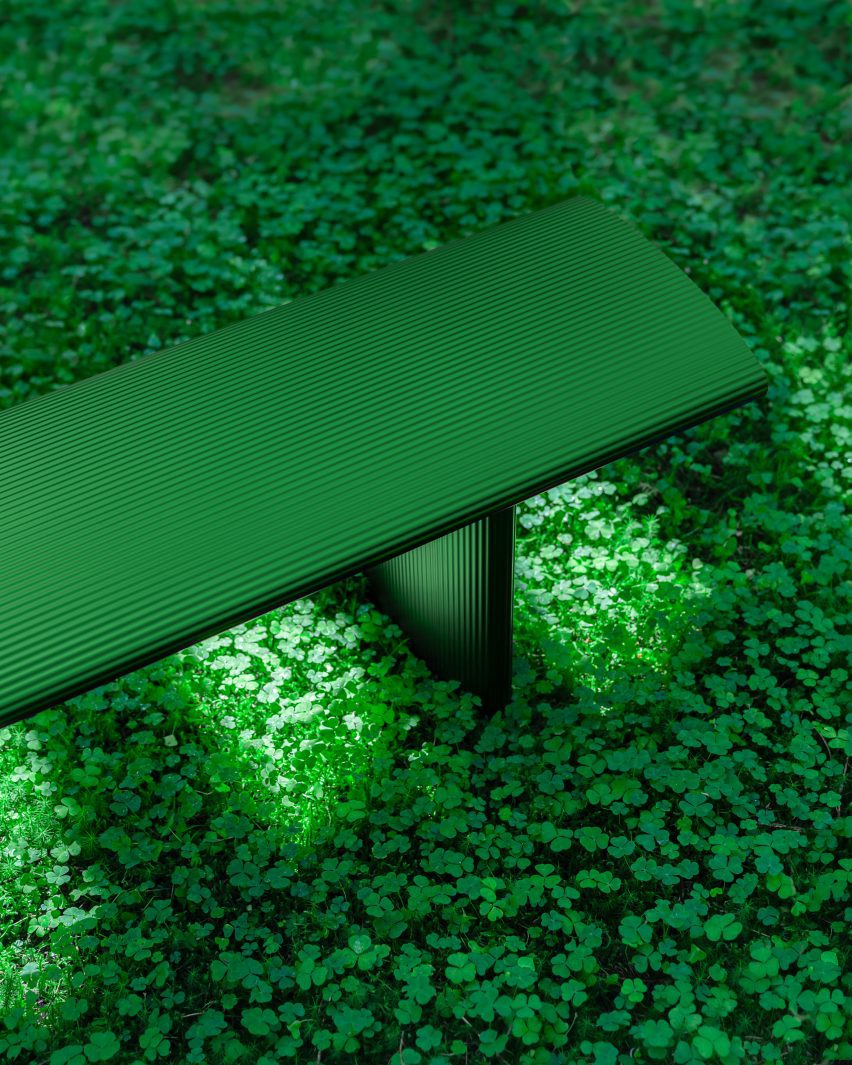
“Material and manufacturing literacy are key to creating truly sustainable products”, says Hydro’s marketing director, Asle Forsbak, noting an estimate that 80 per cent of a product’s environmental footprint is determined in the design phase.
The company aims to achieve net-zero emissions by 2050 and push the whole industry towards those goals as well.
This approach has guided the company into partnerships with designers and producers including Tom Dixon, Polestar, Porsche and Cake as it seeks to share knowledge about how to design with aluminium.
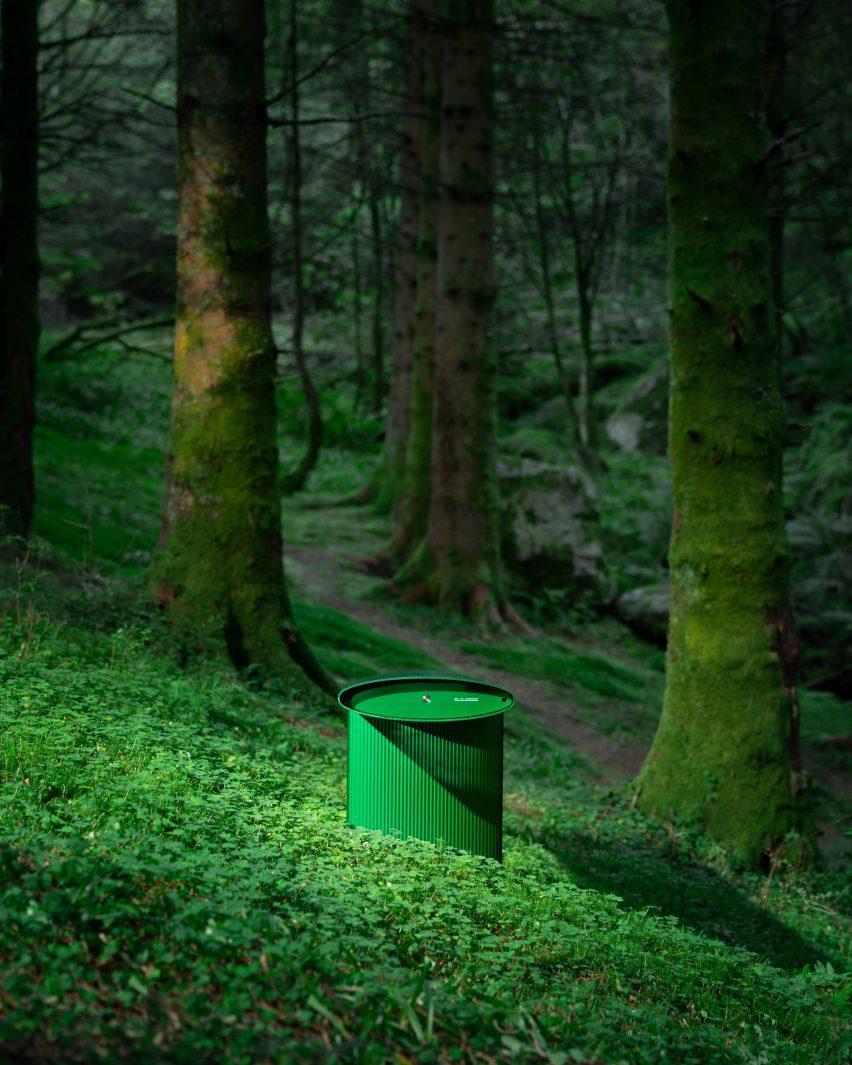
“As a designer the choices you make at the drawing board decide if the product can be taken apart and recycled again and again, which is why understanding material properties and manufacturing processes is key,” said Forsbak.
According to Forsbak, a deep understanding of engineering, material science and the realities of production all shaped the Bello! bench.
It is made from 90 per cent recycled aluminium, most of which is end-consumer scrap and can be recycled in its entirety.
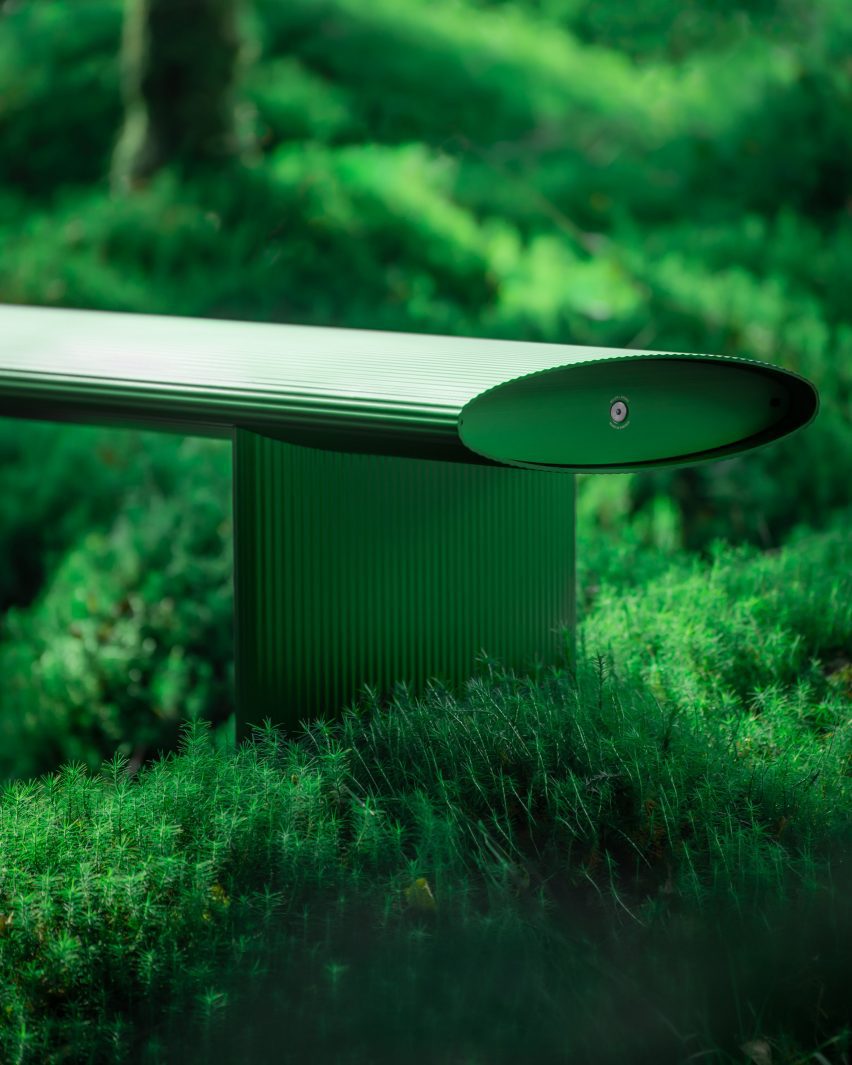
Fjetland based his design on penne rigate pasta, luxuriating in the ridged surface texture that could be created through extrusion.
As part of the exhibition, Fjetland is releasing Bello! in a new colour, a “striking, naturalesque green”, and says the design is “a practical example of how we are stronger when we work together”.
“At face value, Hydro might seem like an unlikely exhibitor at the London Design Festival,” said Forsbak. “But with the Bello! bench, we want to demonstrate how the industry and designers can work together to produce a practical and pretty product that can be mass produced, and also meet the society’s growing sustainability demands.”
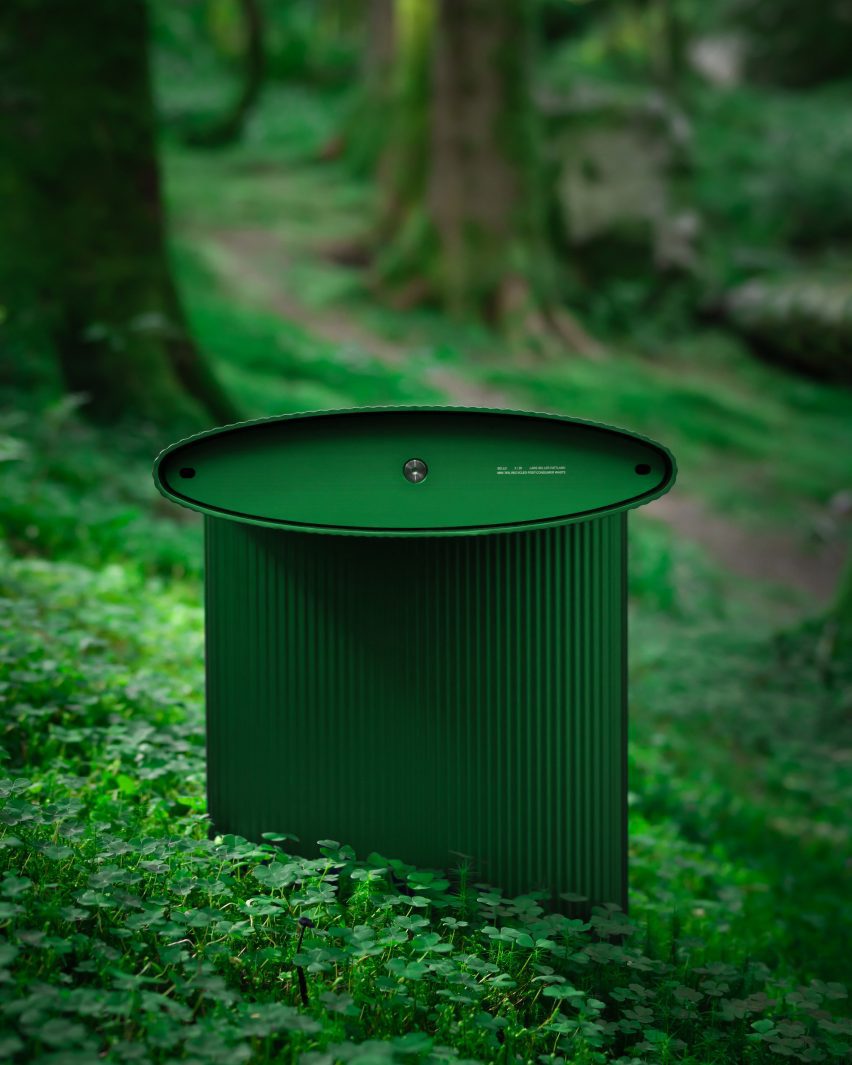
“At one hand, industrial mass production comes with a slew of challenges regarding environmental sustainability,” said Forsbak. “On the other hand, there needs to be a market pull for companies to produce sustainably.”
Forsbak explains that for “real, impactful change” it is necessary to have an amalgamation of perspectives, expertise and industries when designing products.
“The sustainability challenge of mass production isn’t solved in a vacuum; We need to work closely with our partners to help decarbonise society,” he said. “That is why collaboration is key.”
The Bello! bench can be seen at Hydro’s display at the Material Matters exhibition. The company’s stand will be made from reused structural components from past exhibitions.
To learn more about aluminium and design, visit Hydro’s aluminium knowledge hub, Shapes.
Partnership content
This article was written by Dezeen for Hydro as part of a partnership. Find out more about Dezeen partnership content here.

